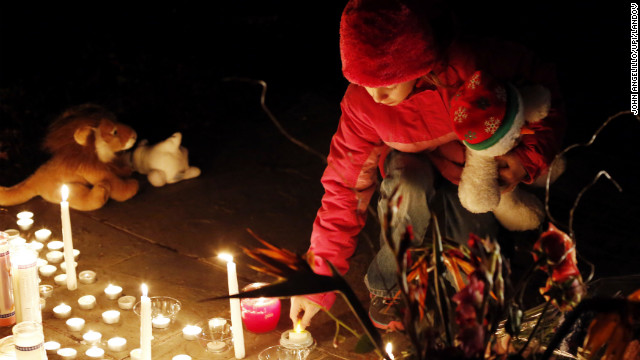January-- An uber mondo list of non-tangible reinforcement ideas, perfect for those kids you just really shouldn't be giving candy or sweet treats to... you know exactly who I mean.
February-- A hard-edged, tough look at the challenges faced by professionals working in an urban education setting. This was written in response to a reader's question about commonly faced issues and necessary skill sets needed to work in urban education. Although it's not warm and fuzzy, this is one of my favorite posts because of how passionate I felt for my job when I was writing it. It's the heart of what I do.
March-- A post about my school's monthly attendance breakfast, a school-wide incentive to increase overall attendance. Months later, I am a master pancake maker, worthy of song and world renown.
April-- An impressive collection of "Musings on Survival from School Psychologists," organized into categories. This post was compiled from entries to my giveaway of Dr. Rebecca Branstetter's book, "The School Psychologist's Survival Guide." This continues to be one of my most viewed posts, and with all the incredible advice and quips from readers and fans, how could it not be?
May-- My "a day in the life" series was a big hit, especially among grad students or new professionals in the field. I will definitely be continuing this... you know, when I have time during the day to make notes on my goings-on!
June-- An interesting case student on a preschooler I completed the transition reevaluation for to prepare him for kindergarten. He's a hearing child of two deaf parents who's native language was American Sign Language. Pair that with a lack of exposure to schooling and significant academic and language delays, and you've got one unique kiddo!
July-- A post where I reviewed my entire insane Committee on Special Education meeting list and assessment schedule from the year, and I realized two things--1) I accomplished an insane amount during the year and 2) It hadn't made me sprout gray hairs. I reiterate: I am psychologist. Hear me roar.
August-- no posts... I was too busy doing Zumba and wedding planning.
September-- My first day back to school for the 2012-2013 school year, where I was graciously gifted with a new nickname. It, thankfully, has gone by the wayside in the time since.
October-- The compilation of the emotions/anger management small counseling group that I led in our first grade 6:1+1 Special Class, where we played with balloons, said adorable comments, learned "soup breathing," and tried not to make it 50 shades of cray.
November-- An informative post about families experiencing homelessness, and how the McKinney-Vento Act can provide services to them.
December-- A large gathering of resources relating to grief, loss, crisis, and tragedy response that was posted in the aftermath of the Sandy Hook shootings in Newton, CT. Not a pleasant topic or event to remember, but the information continues to be relevant.
Don't forget to check out and "Like" my Facebook page!
Don't forget to check out and "Like" my Facebook page!







